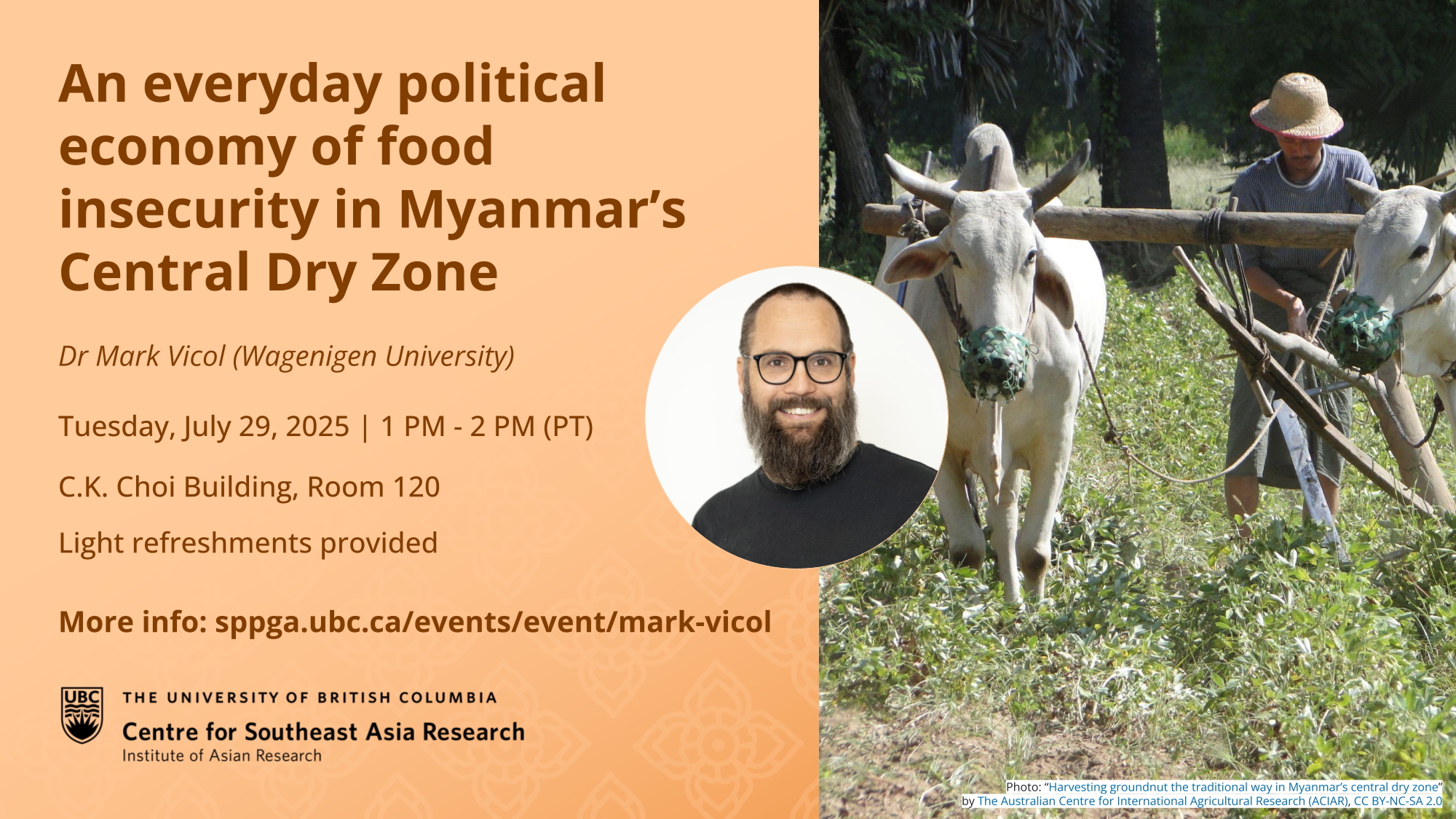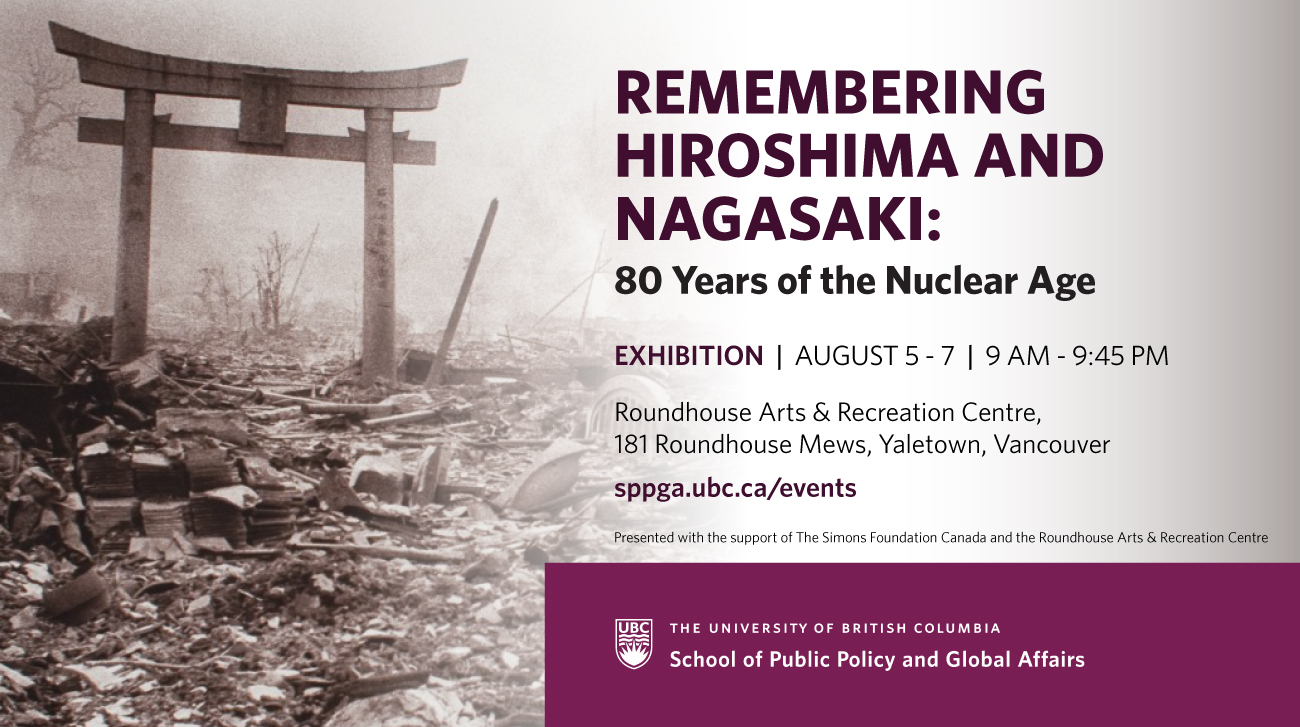This lecture examines the translation of foreign materials into post-Abbasid Muslim medical culture by looking at the production of Persian works dealing with Indian medicine. From the 14th century onwards, the composition of Persian texts on Ayurveda emerged in South Asia as a new genre of writing, which was actually a composite genre including various kinds of texts. The Muslim physicians’ approach interprets the incorporation of the other’s learning as an act that does not reject the principles of the receiving culture but empirically applies the logic of these principles to the understanding of the foreign environment and the receiving culture. The composition of new texts on Ayurveda in Persian constitutes a prominent aspect of these studies as well as a central element of the creation of a Persianised version of Ayurvedic treatment, more likely to be circulated among Indian Muslim physicians. The Persian treatises apply new linguistic and cognitive categories to the analysis of the translated material; the interpretation based on the criteria of the receiving culture is added to, and sometimes replaces, the criteria of the source culture.


The Perso-Indica project which is of particular interest to the Centre, examines the history of Persian texts on Indian culture and aims at offering a new epistemic vision of the history of contacts between Muslim and Indian scholarly traditions.

